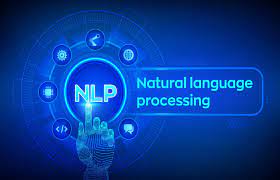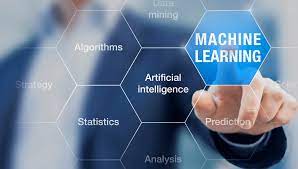Content
Site reliability engineers — focus on availability, reliability, enforce the best DevOps practices. On Adyen’s formula you’ll find an entry about “creating your own path”.
UX Data Analysts use tools that collect user behavior data and analyse it to obtain results and insights about the usability and quality of our UX. Once the data is organized in databases, it can be queried to monitor and visualize metrics, produce reports, extract insights and inform business decisions. It is used not only by data scientists, programmers, and network engineers but also by workers outside of computing disciplines, from accountants to mathematicians and scientists, who often are drawn to its user-friendly nature. One of the main reasons whydata scientists are in high demandis due to the growing potential of gathering data from the physical world. With 5G and other such networks that are coming up, digitization across all industries is growing. 5G is expanding and will also be helpful in bringing information to the supporting engineers and operators.
DevOps / Site Reliability Engineer
Aside from cleaning and wrangling data, data scientists spend most of their time asking questions, running experiments to answer those questions, working with stakeholders, and communicating their findings with the help of data analysts. Data analysts are also often responsible for defining key metrics and building different dashboards. This includes things like showing the company’s profits, displaying the number of listings, or how many contacts buyers made with sellers.
In this article, I will be introducing you to the common roles in a data team. Product managers — make sure that the team is building the right thing, act as a gateway to all the requests and speak on behalf of the users. There’s another kind of engineer that can be pretty important in a data team — site reliability engineers. We believe that people deliver the best when they are happy and they feel comfortable, and are also motivated about the future. Therefore engineers and scientists can grow and advance their careers into a technical track, that does not imply managing a team. And they can progress and amplify their impact by becoming staff and principal engineers and scientists. Smaller organizations quickly solve this by having a single role – typically labeled data scientist – covering all the trades.
There is more than just data engineers and data-scientist in the data ecosystems
The demand for data science skills has skyrocketed, this is due to the numerous amounts of data that is getting generated across the businesses and the need for effective data-driven decision making. They are also good with a variety of database systems such as SQL, data mining, and the various machine learning technologies. To become a data scientist, you have to be an expert in R, MatLab, SQL, Python, and other complementary technologies. It can also help if you have a higher degree in mathematics or computer engineering, etc.
Understanding of how to create balanced experiment designs and anticipating common design issues is an important skill for moving beyond correlational observations to understanding of causal effects. Data scientists create machine learning services.In other words, data scientists incorporate the data into the product. Data scientists work more closely with engineers on integrating data solutions into the product. At this point we need to clarify what is the difference between a data analyst and a business analyst. A data analyst makes extensive use of data to answer questions, either by querying databases, building dashboards, python scripts or big data jobs to retrieve information. Business analysts have a very well determined domain and they use their own tooling which could be a custom-made interface or spreadsheets.
Learn the importance of a great data stack.
When more detailed questions follow, you’ll probably be uncertain of the role specifics, answering something like “well, it depends on the company”. However, most companies differentiate roles and titles when the need for specialization becomes evident. “Applied Data Engineers” who are responsible for ingesting data from different sources and maintaining the pipelines that move the data between the company’s databases. “Data Software Engineers” who work more closely with the infrastructure needed to set up databases and data tools. They “own” the tools but they are not responsible for the quality of the data that flows through them.









